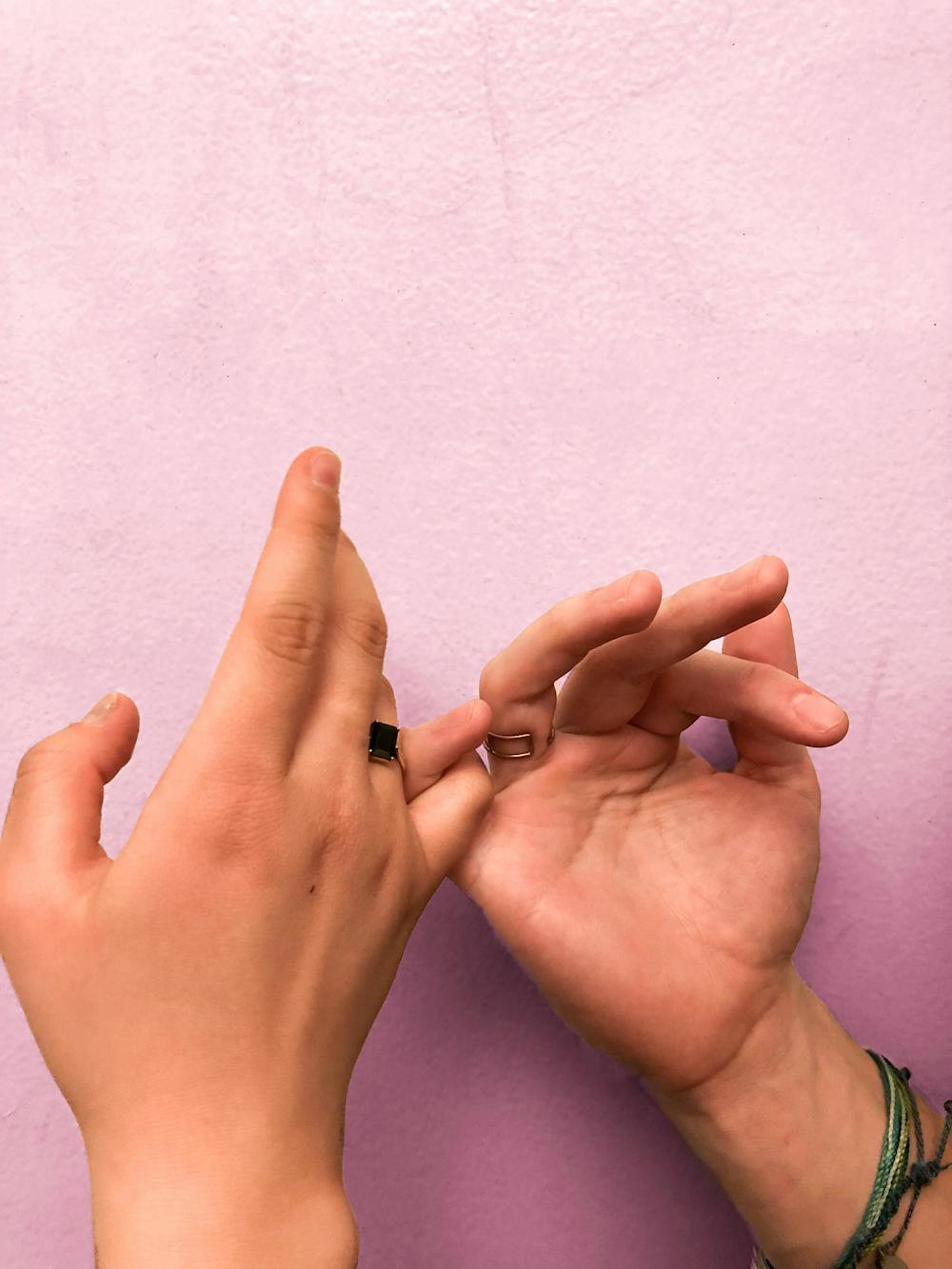As social media and online dating platforms like Tinder and Hinge become more and more visible in American society, people are beginning to question whether relationships and the concept of love are evolving. Many feel as though technology has superseded human interaction and elevated the desire for quick hookups, while others contend that modern relationships remain fundamentally the same as they were in prior generations.
Sociologists like Andrew Cherlin, the Chair of the Sociology Department and the Director of the Program on Social Policy at Hopkins, are interested in how the perception and priorities of relationships have shifted over time. His research, which focuses on historical differences in marriage and family life, has led him to conclude that there are both notable changes and continuities in how Americans have loved one another over time.
Seventy-five years ago, Cherlin said, Americans chose to marry because of social pressure. He believes that marriage today remains a source of personal happiness and commitment — not just a source of legal benefits. His reasoning stems from arguments for the legalization of gay marriage.
“Lots of legislators said, ‘Why don’t we just give same-sex couples the same legal benefits that different-sex couples have?’” he said. “That wasn’t good enough for LGBTQ activists. They said that marriage is a sign of a first-class personal life.”
Cherlin described marriage as the “ultimate merit badge” and the symbol of a successful relationship.
Jeff Bowen, a social psychologist at Hopkins focused on relationship decision-making, contends that young people seek out stable, successful relationships, even outside of marriage. In this regard, he says, modern relationships have varied little from their predecessors.
According to Bowen, young people still desire a relationship that brings them happiness.
“People’s ultimate goals have a lot in common with what they were previously,” he said, “whether it’s to feel satisfied in their relationships or to manage a difficult moment.”
While relationships continue to thrive on mutual satisfaction, Bowen claims that the way modern couples achieve this sense of satisfaction is considerably different.
“A lot of those things are common across time,” he said. “But how people experience those challenges and communicate them is evolving with all the other forces within and outside the relationship.”
Much of this change in how partners manage their relationships stems from modern technology’s prominent role in current dating trends, Bowen said. Platforms like dating apps allow people to more directly communicate their interests to potential partners, as well as their goals for a prospective relationship.
Unlike in the past, Cherlin argued, the goal of many modern relationships is self-gratification.
“There’s been a shift in Western culture toward what you might call individualism: the idea that’s what important is my own satisfaction, my own personal growth and development, not my service to others,” Cherlin said. “A century or two ago, no one expected much personal happiness from marriage and family life; it was just something you did. Now marriage, like other decisions we make, is all about ourselves.”
According to Cherlin, that couples are getting married increasingly later in life reflects this attitude.
“Both young men and young women are pursuing more personal development after they graduate from college,” Cherlin said. “What we’ve seen is the emergence of a new life stage that people are calling ‘early adulthood’ that’s between being a teenager and being a full adult: a stage of life that goes from, say, 18 to upwards of age 30 in which people are gradually doing the things that make them an adult.”
Marriage, Cherlin said, remains an important aspect of adulthood. However, young people are spending more time on developing their careers and education before settling down. Marriage is no longer a building block of adulthood, Cherlin opined, but the “capstone.”
This trend is true for Hopkins students, who, according to Cherlin, tend to put off long-term relationships in favor of short, personally gratifying ones until they have completed their studies.
“Today, if the average Hopkins undergrad called her or his parents and said, ‘Hi, I found somebody I want to marry,’ I think the parents would be puzzled and possibly worried,” Cherlin said. “They’re not ready to have a long-term relationship because they’re too busy studying to get into medical school, but they’d like to have some personal, romantic or sexual fulfillment.”
While many Hopkins undergrads might gladly affirm this statement, Bowen argues that students might be more focused on relationship-building than they realize.
“Just from speaking to undergraduates, it’s certainly the case that academic priorities are a big part of people’s college experience here, and I think that’s true at a lot of institutions,” Bowen said. “The extent to which that might affect priorities about relationships, however, is hard to say.”
Bowen pointed to a lack of clear, empirical data about Hopkins students’ dating preferences, as well as research on students at other universities, as an indicator that students at Hopkins may very well be interested in long-term relationships throughout their academic careers.
“Largely, the research is still indicating that even in college, people share the goal with generations past of trying to end up in committed partnerships,” Bowen said.
Despite this, Bowen contends that the path to this ideal of a committed relationship has changed greatly. And while the interest for commitment is present, many college students still prefer to gradually ease their way into long-term relationships by engaging in various short-term romantic and sexual experiences.
Although the two researchers disagree on the extent of brief, sex-focused relationships on college campuses, they agree that commitment will remain integral to American romance for the foreseeable future.
As Cherlin stated, though marriage has changed, its importance in society has persisted despite the predictions of many sociologists.
“For decades, I’ve been waiting for marriage to fade away, as lots of people predicted it would. It hasn’t,” he said. “It could be here for a long time.”





